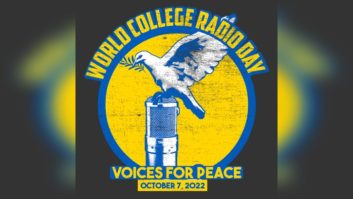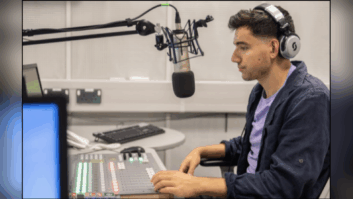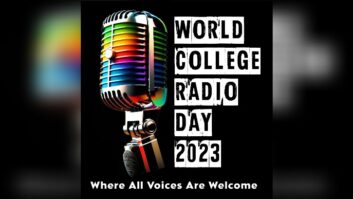Radio World’s “Guest Commentaries” section provides a platform for industry thought leaders and other readers to share their perspective on radio news, technological trends and more. If you’d like to contribute a commentary, or reply to an already published piece, send a submission to [email protected].
The author is station manager of Old Westbury Web Radio. This is one in a series of articles and commentaries about the state of college radio.
If only a venue existed where students could explore their creative curiosity while developing skills in leadership, digital media, journalism, marketing, public speaking, IT, engineering …
Oh wait.
At a time when sales of college radio stations are on the rise and more institutions migrate their broadcast outlets from towers to the internet or simply drop them, I say not so fast.
College radio stations matter. Managed properly, they are assets to their institutions — places where students can begin a career; be taught to act in the interest, convenience and necessity of the public; and learn the value of free speech, democracy and storytelling.
Stations can foster personal growth and understanding by bringing students into contact with others of varied experience and disciplines. They can provide a platform for constructive, meaningful conversation while exploring a variety of topics.
Stations can teach responsibility, ethics and values, especially when their leadership seeks to create inclusive, safe and fun learning experiences.
[Related: “New Society Celebrates ‘College Radio for Life’“]
Many stations are student-operated. These are applied-learning, service-based academic spaces where young people can engage in self-discovery while developing communities and creating lifelong relationships. It’s a context where students, faculty, staff, and community volunteers ideally work as one.
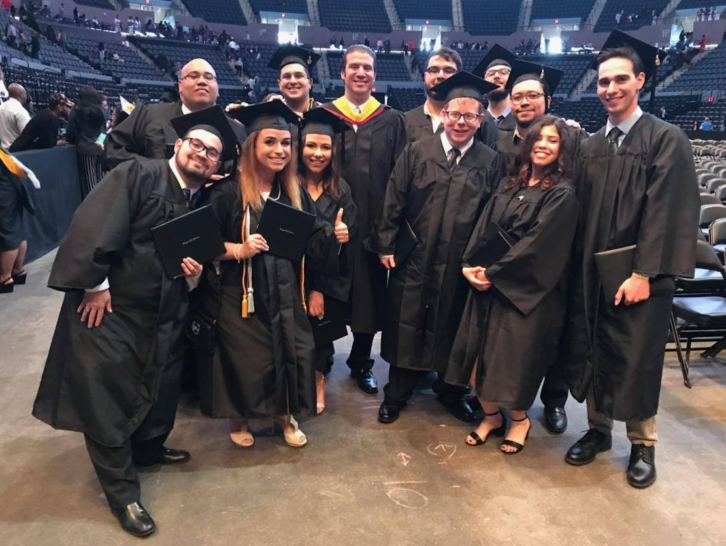
Radio’s minor league
College radio still serves as an important source of broadcast industry talent.
If news is on the program grid, students may be executing local and regional coverage, political interviews, campus news and events, community affairs and educational programming, and perhaps live audio and video webcasting from real pressers.
For helmet heads, court crashers and field fans, college radio may provide the opportunity to create live audio (and video) content including play-by-play, color and field reporting. Students may interview athletes, coaches and sports professionals.
If music is on the menu, DJs can flourish. College radio also is responsible for uncovering new and independent artists and continues to help the careers of musicians and their fan bases. These artists participate in interviews, studio performances, station branding, and ticket and merchandise giveaways.
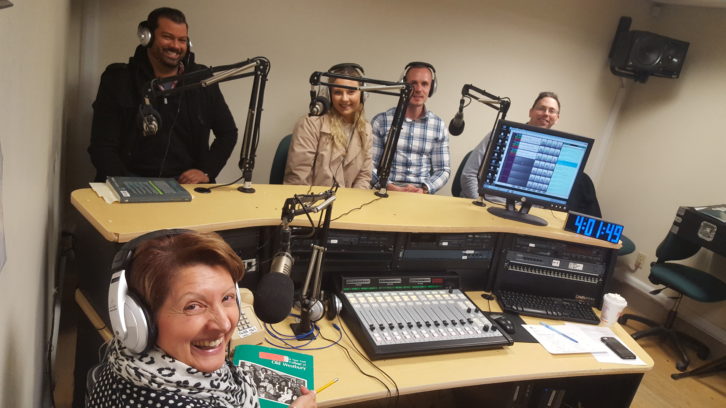
Sound hounds who love computer screens, software and splicing can learn all phases of production and exercise their creativity as they gain proficiency.
Those with an interest in public relations or marketing can explore branding and social media, create narratives, acquire new listeners, engage the audience, identify demographics and represent the station and the college to the public. Some may create or improve the station’s website or produce content for access on-demand or via podcast.
The opportunities are almost endless. A PD or GM may learn management, scheduling, mentorship and the importance of deadlines and goals. Their roles demand discipline, sacrifice, teamwork and other transferrable skills.
[Related: “Why Colleges Should Not Sell Their Radio Stations“]
Student managers may also have to fix that darn EAS machine — unless there’s a bright-eyed student with a tech-geek streak who gladly will assume ownership of problem-solving and infrastructure management. With technical people in such demand in and out of our industry, a college radio station is a great place to hone broadcast and IT skills in a demonstrable way.
Many college radio stations have been recognized with regional and national awards for work in all aspects of production, content, context and delivery.
College stations are also interactive multimedia facilities where students can learn about video, podcasting, social platforms and so many of today’s important media tools.
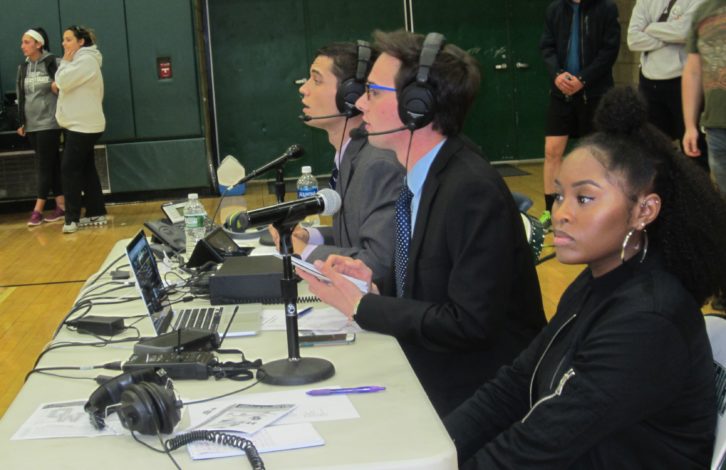
Unlike any other
College radio still matters. Ask our students, ask our listeners, ask me or any of us around the world who lead college stations.
Ask Rob Quicke of WPSC(FM) in New Jersey, founder of World College Radio Day. Ask the folks at the Intercollegiate Broadcasting System. Ask the College Media Association and its members.
My mantra is that college radio is not a right, it’s a privilege. The radio medium is unlike any other thanks to its immediacy and intimacy. And we have a responsibility to use it well for our listeners and our communities as well as our students and our institutions.
Thanks for listening.
The author has more than 25 years of broadcast and college radio experience. He is a lecturer in the American Studies/Media & Communications department at State University of New York College at Old Westbury.

